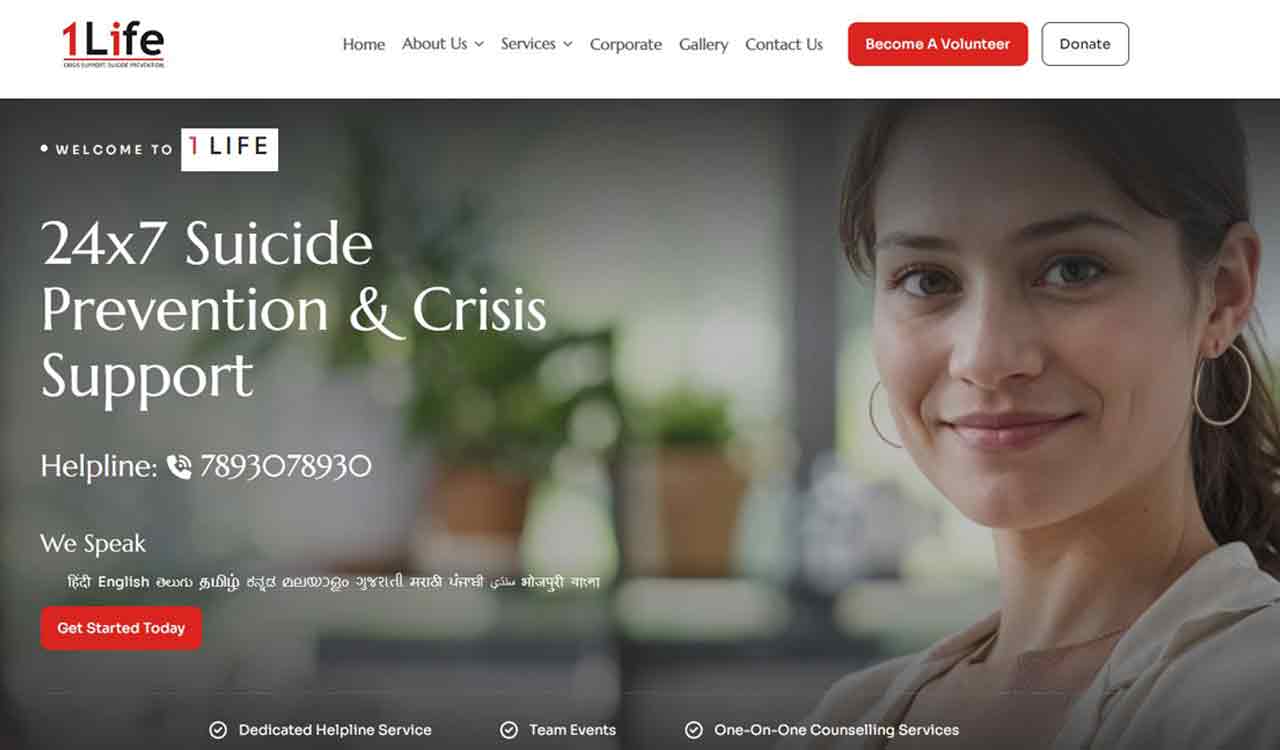Opinion: Making EX sustainable
Sustaining a positive employee experience (EX) demands a holistic approach that aligns with organisation’s values, culture

By Viiveck Verma
Employees are the building blocks of an organisation and also the drivers of its internal synergies. Therefore, it may seem reasonable that what an organisation does is directly linked to how its employees feel. Yet, this apparently innocuous connection between employee experience and value creation is often forgotten. This not only leads to gaps in knowledge but also problems and errors which do not bode well for an organisation’s long-term sustainability and resilience. It is, therefore, incumbent upon us to look afresh and closely at this crucial link that affects the world of work at both micro and macro levels. Let us dive headlong into this exploration.
Employee experience (EX), now a popular term of its own, has emerged as a critical focus area for organisations striving to attract, retain and engage top talent. However, sustaining a positive employee experience requires more than just occasional perks or initiatives — it demands a holistic approach that aligns with the organisation’s values, culture and long-term objectives. In fact, strategies for making employee experience sustainable, ensuring that organisations can foster a thriving workplace environment that endures over time can also determine the kind of value the organisation fosters and accrues.
The Link
In fact, the link between employee experience and value creation is profound and multifaceted, influencing various aspects of organisational success. Needless to say, a positive employee experience fosters a motivated and engaged workforce, leading to increased productivity and higher performance levels. When employees feel valued, supported and fulfilled in their roles, they are more likely to invest their time and energy into delivering high-quality work and achieving organisational goals. Investing in employee experience helps organisations retain top talent, and high retention rates reduce turnover costs associated with recruitment, onboarding and training, while also preserving institutional knowledge and expertise within the organisation.
It can also create a favourable chain reaction in the sense that employees who have a positive experience at work are more likely to deliver exceptional customer service and support, leading to increased customer satisfaction and loyalty. Satisfied employees, in fact, act as enthusiastic ambassadors for the organisation, promoting its products or services and fostering positive relationships with customers. This positions the organisers as desirable places to work within their industry and a positive employer brand attracts top talent, reduces recruitment costs and enhances the organisation’s ability to compete for skilled professionals in the labour market.
The Essentials
Therefore, managing employee experience well is a necessity. However, what are the essentials of accomplishing it? First of all, establishing and communicating clear organisational values is foundational to sustaining a positive employee experience. When employees understand the company’s mission, vision and core values, they feel more connected to their work and the organisation’s purpose. It is important to continuously revisit and reinforce these values through internal communications, leadership messaging and organisational practices to ensure they remain relevant and resonate with employees.
Of course, effective leadership is essential for creating a supportive and engaging work environment. To this end, companies can invest in leadership development programmes that equip managers with the skills to lead with empathy, communicate effectively and foster a culture of trust and collaboration. Open feedback loops between employees and leaders to continuously improve leadership practices and address any issues that may arise can also be created.
However, particularly in the age of remote work and widespread mental health problems, striking a balance between work and personal life is crucial for employee well-being and job satisfaction. It is key to implement policies and practices that support flexible work arrangements, such as remote work options, flexible hours, and generous time-off policies. For example, a company can encourage managers to lead by example in this regard by prioritising work-life balance and respecting boundaries around work hours and availability.
On a related note, employee well-being should be a top priority. It is worthwhile to offer wellness programmes, mental health resources and support services to help employees manage stress, maintain work-life balance and prioritise their health. Furthermore, promoting a culture where employees feel comfortable discussing mental health concerns and seeking support when needed, reducing the stigma associated with mental health in the workplace can work wonders in shaping a positive employee experience.
Long Term Gains
Providing opportunities for growth and development can keep employees engaged and motivated over the long term. For instance, offering training programmes, mentorship opportunities and career advancement paths that empower employees to continuously learn and progress in their careers can keep them tethered to the company in dynamic ways. Also, regularly assessing employees’ skills and career aspirations to tailor development opportunities to their individual needs and interests is a win-win for both the company and the individuals it employs.
Finally, employees are more likely to remain engaged and committed to their work when they feel a sense of purpose and meaning in what they do. Therefore, the organisation must connect employees to the broader impact of their work on the organisation, customers and society as a whole. In the same vein, a work culture where it is commonplace to celebrate achievements, recognise contributions and communicate how individual efforts contribute to the organisation’s overall goals and mission, reinforcing the importance of each employee’s role can be a one-stop solution for several problems.
Sustaining a positive employee experience requires a proactive and multilayered approach that goes beyond mere surface-level perks or initiatives. By defining clear organisational values, investing in leadership development, promoting work-life balance, prioritising employee development, health and well-being, embracing continuous feedback and cultivating a sense of belonging, commitment, purpose and duty, organisations can create a workplace environment where employees thrive in the long term.
By prioritising employee experience sustainability, organisations can attract, retain and engage top talent, driving success and growth in the ever-evolving landscape of work. Of course, the link between employee experience and value creation is undeniable. By investing in creating a positive and supportive work environment, organisations can unlock the full potential of their employees, driving productivity, innovation, customer satisfaction and ultimately, sustainable value creation over/a glorious long term.

(The author is Founder & CEO, Upsurge Global, Adviser & Adjunct Professor, EThames College, and Strategic Adviser and Venture Partner, SilverNeedle Ventures)
Related News
-
No ballot boxes misused in Kothagudem Municipal Corporation elections: Commissioner
7 hours ago -
Mahindra Last Mile Mobility Limited’s all-new e-auto, UDO
7 hours ago -
KNRUHS notifies mop-up counselling for PG medical seats
7 hours ago -
IIT Hyderabad, Mitsubishi Electric partner for advanced tech research
7 hours ago -
Caste boycott: Elders bar villagers from attending final rites in Jagtial village
7 hours ago -
Pakistan hockey team faces embarrassment in Australia over unpaid bills
7 hours ago -
India overpower Namibia ahead of Pakistan clash
8 hours ago -
Shanaka hits fastest fifty as Sri Lanka dominate Oman
8 hours ago




